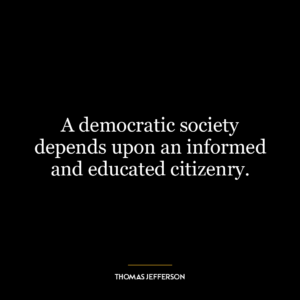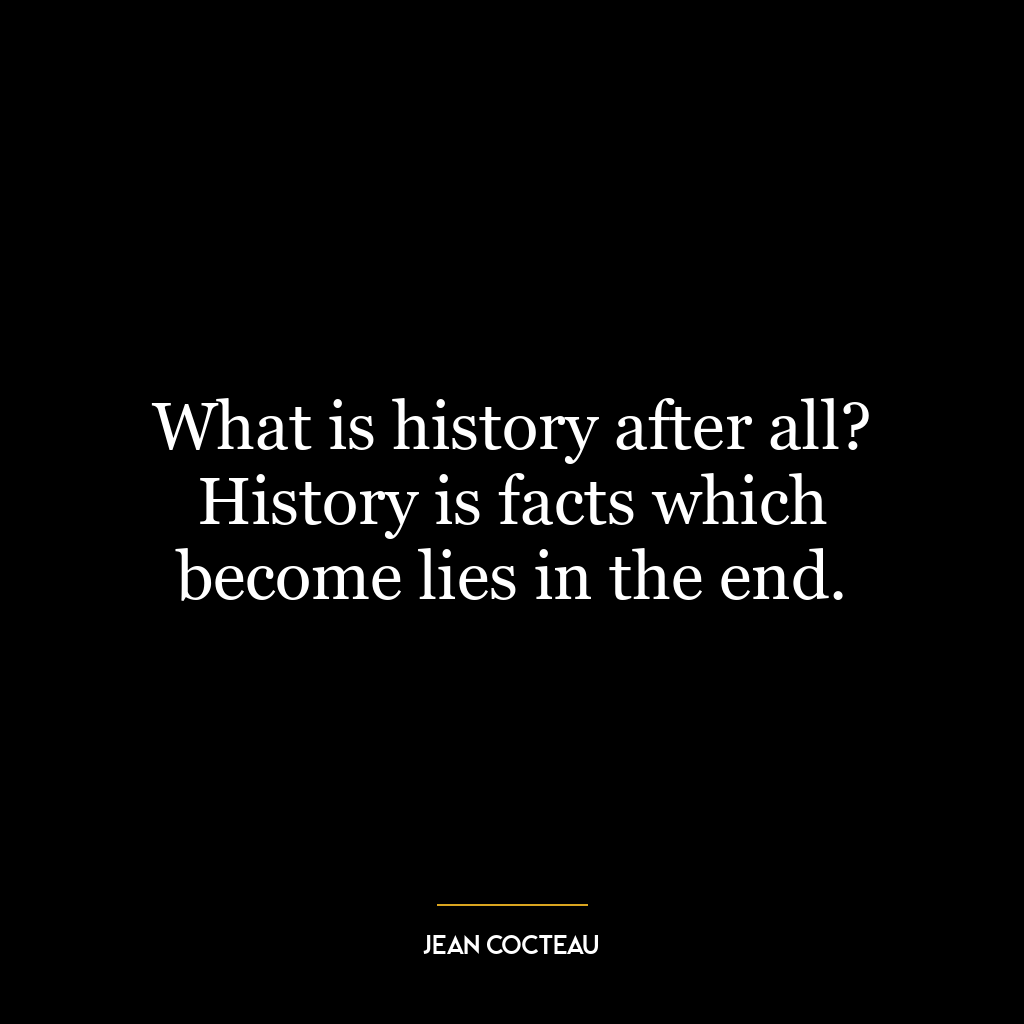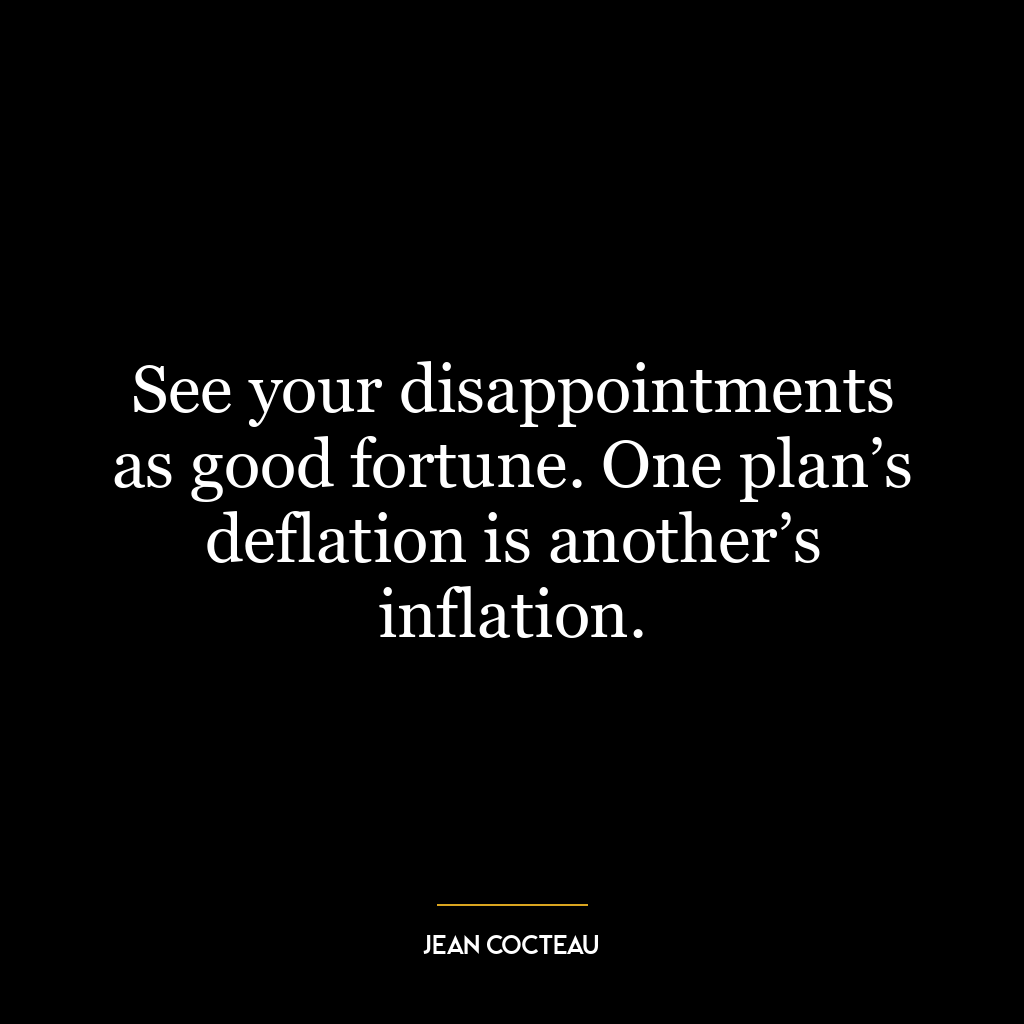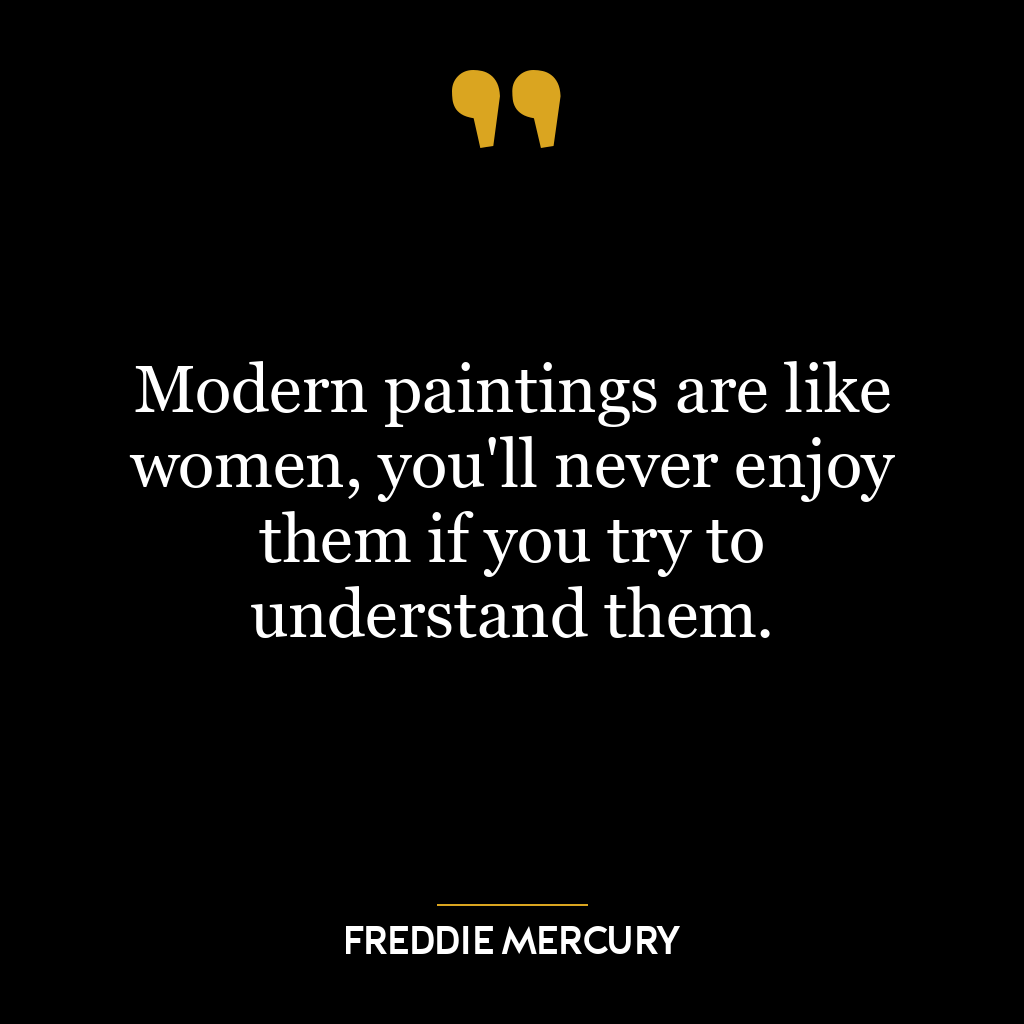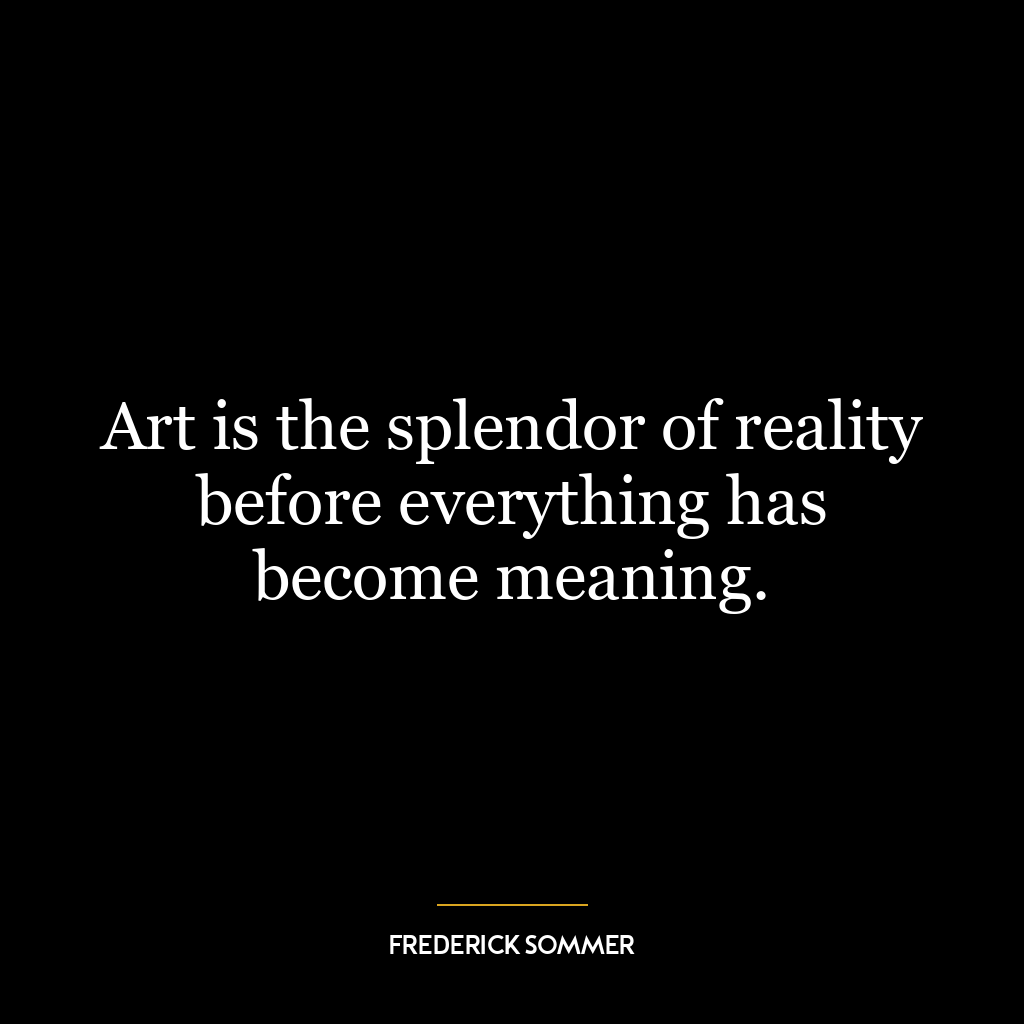this quote emphasizes the subjectivity of human perception and understanding. Even if two individuals approach a situation with honesty and integrity, they may arrive at different conclusions due to their unique perspectives, experiences, or interpretations. Honesty doesn’t guarantee consensus; it simply ensures that one’s viewpoint is genuine and not influenced by deceit or malice.Looking deeper,this quote underscores the importance of diversity in thought and opinion. It suggests that differing viewpoints are not necessarily a result of dishonesty or ill-intent but can be a natural outcome of honest introspection and analysis from different angles.
In today’s world,this idea has significant implications for social discourse,politics,science debates etc. For instance in politics: people can hold opposing views on policies but both sides could be honestly seeking what they believe is best for their country.
In personal development context too: it encourages tolerance towards differing opinions from ours – instead of labeling them as wrong or dishonest we should consider that others might have formed their views through an equally honest process as ours but arrived at different conclusions due to their unique perspectives/experiences. This insight can help us grow by exposing us to new ideas/perspectives which we might have overlooked otherwise.
Moreover it also reminds us to stay open-minded even when we’re convinced about our honesty because there always exists the possibility that our conclusion isn’t the only ‘honest’ one out there – fostering humility & continuous learning attitude.










